
A study found that women with hyperemesis gravidarum face significantly increased risks of multiple mental health conditions.

A study found that women with hyperemesis gravidarum face significantly increased risks of multiple mental health conditions.
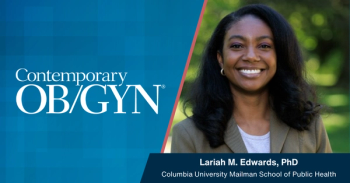
Lariah M. Edwards, PhD, explains how avoiding risky ingredients in care products may lower health risks while highlighting the need for stronger safety regulations.

A study found that judicious prenatal opioid prescribing does not substantially increase the risk of autism or ADHD in children.

A study found reduced quality of life in women with premenstrual disorders, especially in anxiety, depression, and pain domains.

A study using objective Doppler measures shows that more active fetuses are associated with stronger maternal-fetal bonds.

A cohort study found that poverty and social disadvantage were associated with reduced fecundability and greater subfertility risk.

Findings from the OASIS-3 trial show the nonhormonal drug elinzanetant cut vasomotor symptoms by 73%.

A large study shows that an AI algorithm analyzing routine mammograms can match leading cardiovascular risk models.

The FDA updates acetaminophen warnings for pregnant women and approves leucovorin for treating cerebral folate deficiency.

These data indicate that greater maternal dietary diversity during pregnancy may be linked with a diminished risk of atopic dermatitis during early childhood.

Objective measurements of fetal activity show that more frequent movements are associated with stronger maternal-fetal bonding.

A trial found that avoiding risky ingredients lowered urinary chemical concentrations, indicating a need for stronger labeling.

A study found a slight link between maternal hyperemesis gravidarum and lower offspring school performance, with no sibling difference.

A study found women with long COVID face higher rates of abnormal uterine bleeding, heavier flow, and longer periods.

A study of 1.2 million children found no causal link between prenatal opioid use and autism or ADHD.

Review some of the top stories from the Contemporary OB/GYN website over the past week and catch up on anything you may have missed.
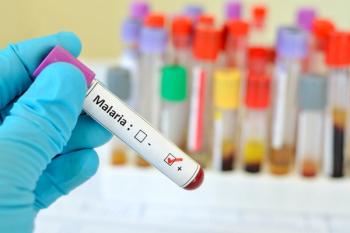
A study found that pregnancy malaria and preterm delivery increase early-life susceptibility to malaria in children.

Ob-gyns play a crucial role in identifying fertility issues and facilitating referrals to reproductive endocrinologists for seamless patient care.
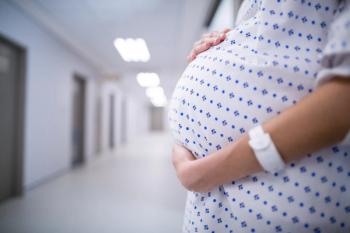
A study found that insomnia and obstructive sleep apnea during pregnancy are linked to increased risks of ischemic placental disease and severe morbidity.

A study found that recommended treatment significantly increases survival rates in women aged 65 years and older with early-stage cervical cancer.

New research reveals rising non-adherence to cervical cancer screening and declining HPV vaccine awareness since the pandemic.

A study found that more than half of heart attacks in women aged under 65 years stem from factors beyond clogged arteries.

New data show umbilical cord arterial pH under 7.05 at birth is associated with a higher risk of cerebral palsy, epilepsy, and death.
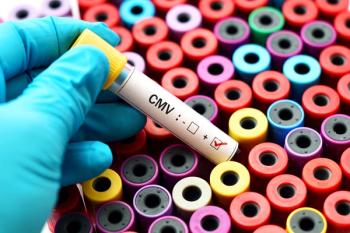
A study found universal first-trimester cytomegalovirus screening could reduce poor pregnancy outcomes and save health care costs.

New research shows oral HRT increases cardiovascular risks in women with type 2 diabetes, while transdermal HRT appears to be safer.

New research suggests women with a history of cervical cancer face elevated anal cancer risk, highlighting the need for expanded screening guidelines.

Recent work presented at the 2025 annual meeting of American Society of Bone & Mineral Research found that romosozumab significantly outperformed teriparatide and denosumab in improving hip and spine bone strength.

A study found 16S nanopore sequencing offers high accuracy in identifying intraamniotic infection, a major contributor to preterm delivery.
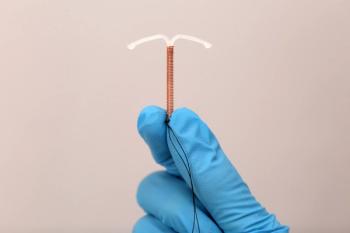
Study finds immediate postpartum IUD placement increases long-term use but raises expulsion risk compared with delayed insertion.

A study found that women exposed to computed tomography imaging before conception faced increased odds of pregnancy loss and congenital anomalies.